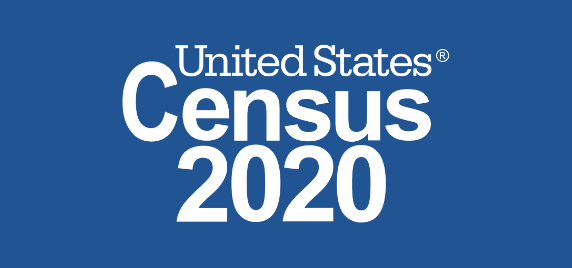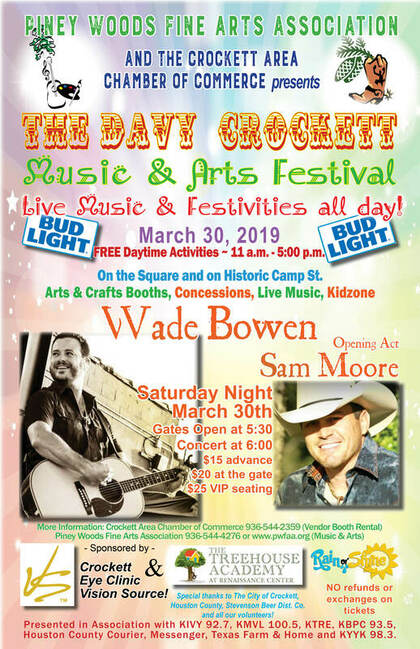Once in a Decade

It’s Census Time!
By Will Johnson
Messenger Reporter
EAST TEXAS – It’s that time of the decade again – it’s time for the 2020 United States Census and that means it’s time to stand up and be counted! Literally.
The count will be conducted by the US Census Bureau, a nonpartisan governmental agency. During 2020, the agency’s goal is to count every person living in the 50 states, the District of Columbia, and the five U.S. territories (Puerto Rico, American Samoa, the Commonwealth of the Northern Mariana Islands, Guam, and the U.S. Virgin Islands).
According to the Census Bureau website, “Each home will receive an invitation to respond to a short questionnaire—online, by phone, or by mail. This will mark the first time that you will be able to respond to the census online.”
In addition, the census provides critical data that lawmakers, business owners, teachers, and many others use to provide daily services, products, and support for you and your community. Every year, billions of dollars in federal funding go to hospitals, fire departments, schools, roads, and other resources based on census data.
“The results of the census also determine the number of seats each state will have in the U.S. House of Representatives, and they are used to draw congressional and state legislative districts. It’s also in the Constitution: Article 1, Section 2, mandates that the country conduct a count of its population once every 10 years. The 2020 Census will mark the 24th time that the country has counted its population since 1790,” the website stated.
Participating in the census is required by law, even if you recently completed another survey from the Census Bureau. By April 1, 2020, every home will receive an invitation to participate in the 2020 Census. You will have three options for responding:
As required by the Census Act, the U.S. Census Bureau submitted a list of questions to Congress on March 29, 2018. These questions are:
How many people are living or staying at your home on April 1, 2020?
This will help us count the entire U.S. population and ensure that we count people according to where they live on Census Day.
Whether the home is owned or rented.
This will help us produce statistics about homeownership and renting. The rates of homeownership serve as one indicator of the nation’s economy. They also help in administering housing programs and informing planning decisions.
About the sex of each person in your home.
This allows us to create statistics about males and females, which can be used in planning and funding government programs. This data can also be used to enforce laws, regulations, and policies against discrimination.
About the age of each person in your home.
The U.S. Census Bureau creates statistics to better understand the size and characteristics of different age groups. Agencies use this data to plan and fund government programs that support specific age groups, including children and older adults.
About the race of each person in your home. This allows us to create statistics about race and to provide other statistics by racial groups. This data helps federal agencies monitor compliance with anti-discrimination provisions, such as those in the Voting Rights Act and the Civil Rights Act.
About whether a person in your home is of Hispanic, Latino, or Spanish origin. These responses help create statistics about this ethnic group. This is needed by federal agencies to monitor compliance with anti-discrimination provisions, such as those in the Voting Rights Act and the Civil Rights Act.
About the relationship of each person in your home.
This allows the Census Bureau to create estimates about families, households, and other groups. Relationship data is used in planning and funding government programs that support families, including people raising children alone.
There are also questions the Census Bureau will never ask. These include questions about
- Your Social Security number.
- Money or donations.
- Anything on behalf of a political party.
- Your bank or credit card account numbers.
If someone claiming to be from the Census Bureau contacts you via email or phone and asks you for one of these things, it’s a scam, and you should not cooperate. For more information, visit Avoiding Fraud and Scams.
Your personal information is kept confidential. The Census Bureau is bound by federal law to protect your information, and your data is used only for statistical purposes.
Your responses are compiled with information from other homes to produce statistics, which never identify your home or any person in your home. Learn more about how we protect your information.
Will Johnson may be contacted via e-mail at [email protected].






